Mumbai, which is said to be India’s financial capital, has seen a range of opulence mixed with extreme poverty. Alongside the glamour, the city sees many beggars on the roads, with several of them children, aged men and women, or those having disabilities. It goes through each of the nongovernmental organizations (NGOs) involved in making sure that challenges caused by beggars in Mumbai do not rise higher. Every NGO has its different approach and mission that has significantly helped in the rehabilitation and empowerment of this deprived section.
This article tries to unravel the complex landscape of begging in Mumbai, NGO for Beggars in Mumbai working in this direction, their initiatives, the challenges they face, their success stories, and the way forward.
Begging Scenario in Mumbai
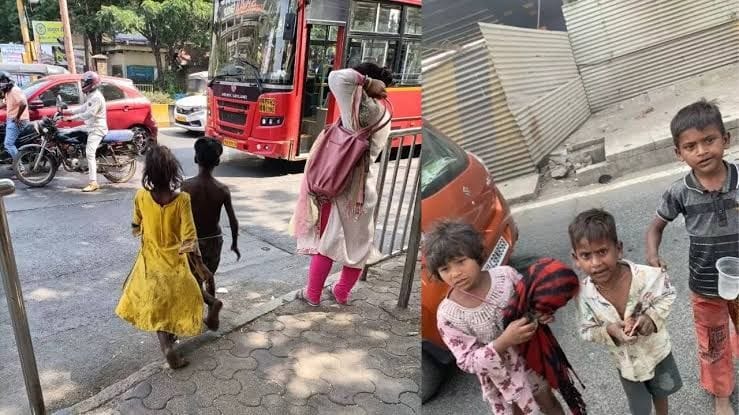
Economic and Social Factors
For high and speedy migration because of better work opportunities in cities, in particular, Mumbai, even people with low incomes are experiencing an influx from rural areas mainly because of conditions remaining deplorably primitive. More than 42 percent of Mumbai residents live in slums, providing limited access to basic needs, such as livelihood from there.
Social issues such as human trafficking, family breakdowns, and mental health problems make the situation worse. Child begging is particularly alarming because many children are forced into this life by their families or trafficked for exploitation.
Legal Framework
The Bombay Prevention of Begging Act of 1959 aims to abolish begging through the detention and rehabilitation of beggars. However, the decisive argument against these laws is that they criminalize poverty rather than deal with its causes. However, critics argue that these laws often criminalize poverty rather than addressing its root causes.
Key NGO for Beggars in Mumbai
There are many NGOs in Mumbai that work to improve the condition of beggars and street children. Here is a comprehensive analysis of some of the most prominent organizations.
Prerana
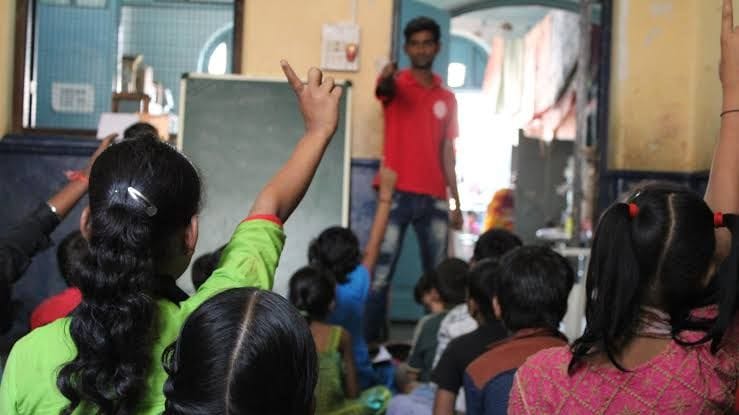
Mission and Focus: She rescues girls and children from prostitution and child labor and provides shelter, education, and vocational training to them.
Programs:
- Rescue Operations: Prerana initiates rescue operations together with local authorities with the motive to remove the child from unsafe locations.
- Education Initiatives: They offer education for rehabilitating children rescued from schools.
- Awareness Campaigns: Prerana conducts awareness campaigns on child trafficking and exploitation.
Impact: Prerana has rescued thousands of children and women and restored their dignity with the hope of a promising future.
Website: https://www.preranaantitrafficking.org/
Salaam Baalak Trust
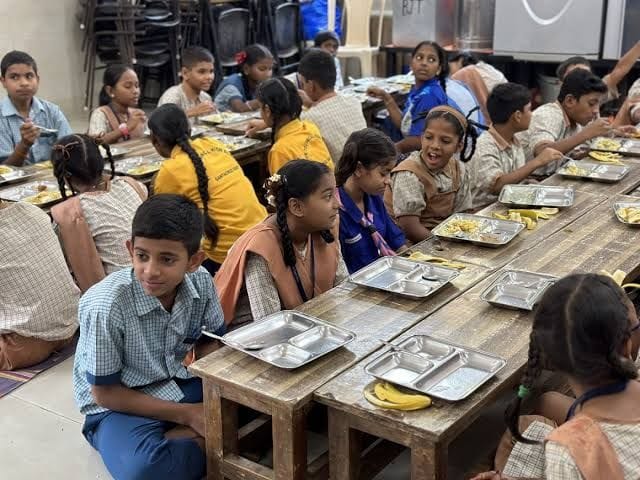
Mission and Focus: The Salaam Baalak Trust was formed in 1989 to work towards supporting street children through a variety of activities.
Programs:
- These are shelter homes. Shelter homes provide food, education, and healthcare for them.
- Reach Out Programs: Outreach teams reach out to the street children so that they receive care and means of sustenance.
- Vocational Training: for the grown-up children in the organization where they can join in jobs
Impact: Salam Baalak Trust helped over 10,000 street children through various avenues of educational opportunities and more for their holistic development.
Website: https://www.salaambaalak.org/
Khaana Chahiye Foundation
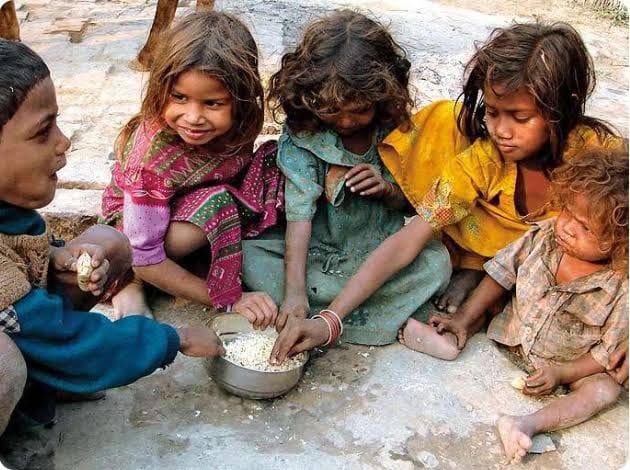
Mission and Focus: The Khaana Chahiye Foundation was born during the COVID-19 pandemic; it fights hunger among several of the more vulnerable populations present in Mumbai.
Programs :
- Community Kitchens: They hold community kitchens across which nutritious meal preparations are taken for people in need.
- Food Distribution: The foundation provides essential supplies to those facing food insecurity.
- Hunger Map Project: This advocacy initiative identifies critical areas in Mumbai for targeted food relief efforts.
Impact: Khaana Chahiye Foundation has prepared millions of meals for various crises and is still leading the solution to hunger with sustainable operations.
Website: https://www.khaanachahiye.com/
Fulora Foundation
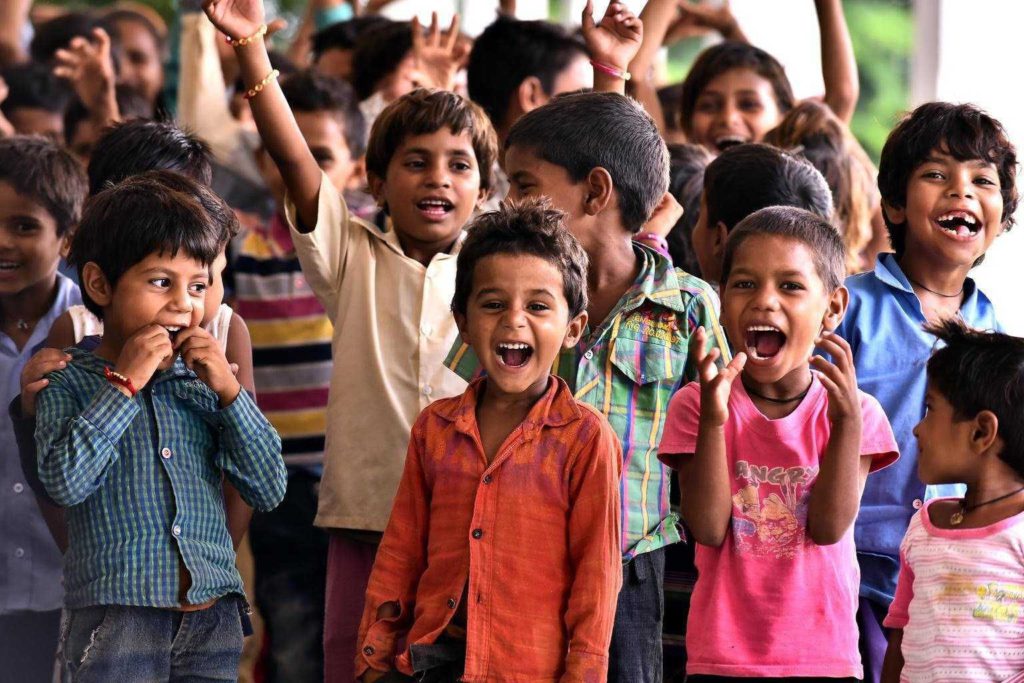
Mission and Focus: The Fulora Foundation manages “Beggars Free Mission” and rehabilitates beggars through a business activity.
Programs:
- Self-Employment Training: They have Self-Employment Training Programmes for the masses.
- Awareness Campaigns: The foundation creates awareness about the plight of beggars and appeals for mass support.
- Government Homes Collaboration: For rehabilitation, Fulora associates with government-affiliated NGOs.
Impact: Rehabs Several beggars by rehabilitating and making them part of the functioning society.
Website: https://fulorafoundation.org/beggars-free-mission/
Sparsha Charitable Trust
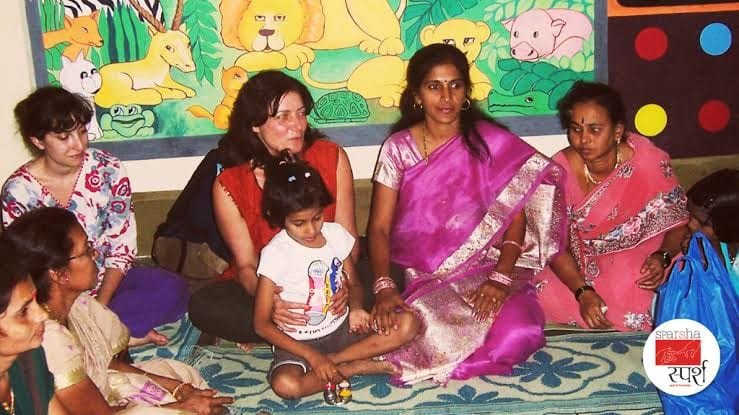
Mission and Focus: Sparsha Charitable Trust is focusing its efforts on underprivileged communities across Mumbai in education and the rights of a child.
Programs:
- Education projects: They enroll dropouts within government schools while providing educational facilitation.
- Community Development Programs: Sparsha assists families in accessing the required documentation to avail themselves of social services.
- Health Camps: The organization arranges health camps so that the most basic healthcare becomes accessible to deprived communities.
Impact: Sparsha has positively influenced approximately 25,000 children belonging to deprived communities by providing them with access to education and essential needs.
Website: https://sparshatrust.com/
Swades Foundation
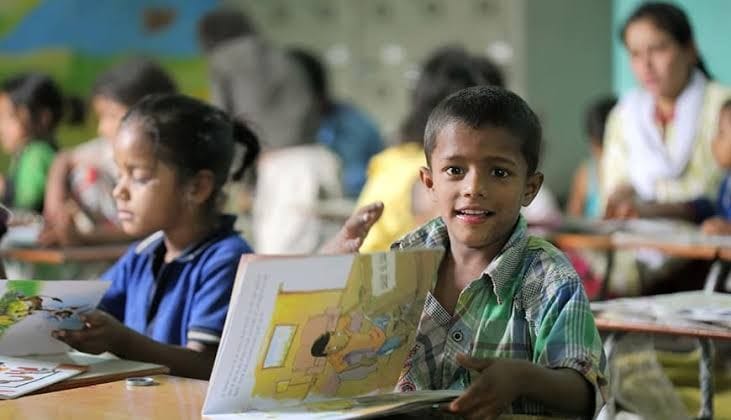
Mission and Focus: The Swades Foundation concentrates primarily on developing wholly communities that suffer intensely from poverty-related issues.
Programs:
- Water and Sanitation Projects: They improve water supply and sanitation facilities for people experiencing poverty.
- Livelihood Programs: Swades provides skill development training based on market requirements.
- Health Initiatives: Swades Foundation offers health services with a focus on wholesome health improvement for the people.
Impact: Swades Foundation has empowered thousands of families through education, healthcare, and livelihood programs and has enabled them to stand on their own two feet
Website: https://swadesfoundation.org/
Apnalaya
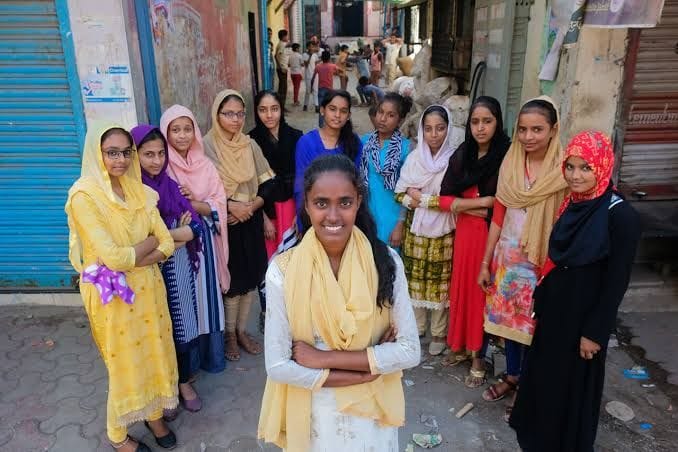
Mission and Focus: Apnalaya works to improve access to essential health, education, and livelihood services for the urban poor.
Programs:
- Healthcare Services: They offer healthcare services like immunization drives and health awareness programs.
- Educational Support Programs: Apnalaya works to improve academic outcomes through tutoring and mentoring initiatives.
- Community Mobilization Efforts: They engage communities in civic action groups to advocate for their rights.
Impact: Apnalaya has greatly empowered families’ living conditions by providing them with essential services.
Website: https://apnalaya.org/
Dignity Foundation
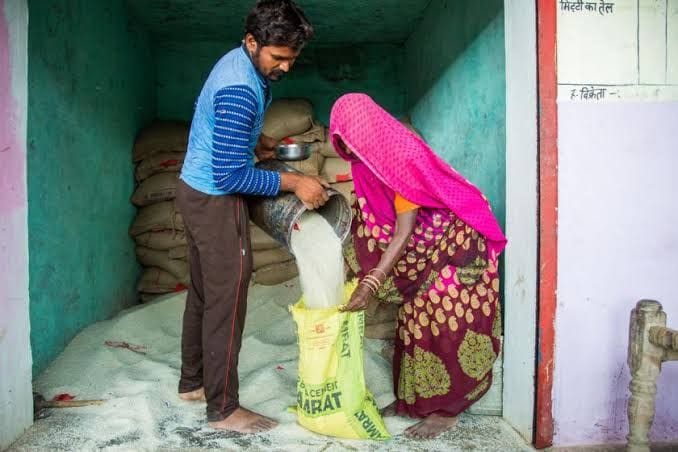
Mission and Focus: The Dignity Foundation focuses on older people in poverty discussions and supports them.
Programs:
- Dignity Helpline: Dignity helps distressed or abused older adults by providing them with a helpline number.
- Ration Distribution: They ensure that the essentials are distributed among solitary aged people or needy families.
- Community Engagement Activities: Dignity conducts social activities to reduce loneliness among older adults.
Website: https://dignityfoundation.com/
Suraksha Social Organisation
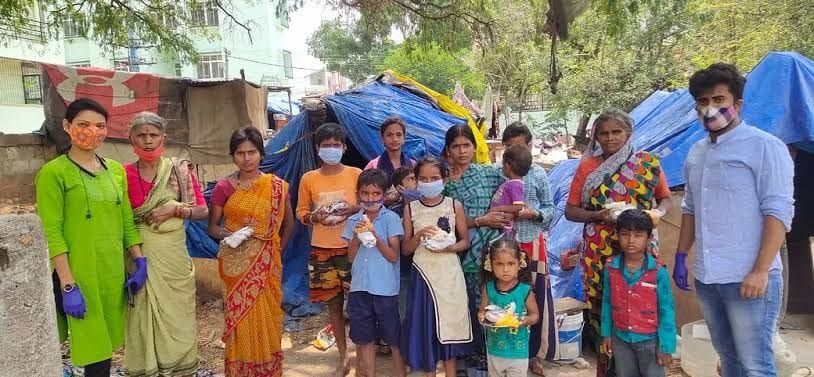
Mission and Focus: Suraksha Social Organisation has launched an anti-begging awareness campaign in the city of Mumbai. They enlightened society about child trafficking concerning begging, thereby advising people not to donate in person to begging people.
Programs:
- Awareness Campaigns: Organizing campaigns at the prominent railway stations, including Dadar and Chhatrapati Shivaji Terminus.
- Rehabilitation Efforts: Working in coordination with police departments for the reformation of beggars into identified rehabilitation centers.
Impact: Suraksha’s work focuses not on providing immediate relief but on creating long-term changes that can erase the root problems behind begging.
Website: https://www.facebook.com/p/Suraksha-Social-Organisation
Challenges Encountered by NGOs
NGOs in Mumbai, despite their laudable endeavors, face several challenges:
- The stigma attached to Begging: The perception of people that beggars are lazy or undeserving of support often becomes an obstacle for NGOs in fundraising and public support. Changing public perception is vital to garner support for rehabilitation efforts.
- Limited Resources: Most NGOs work on fragile budgets and are dependent on individual or corporate donors. Competition for funding can be a limitation in the expansion of services or outreach to more people.
- Legal Obstacles: The legal framework for begging is also quite problematic because laws are created in order to safeguard vulnerable individuals from exploitation but often end up criminalizing the act of begging without offering alternatives for the beggar. This puts NGOs in a very challenging situation when trying to fight for their rights.
- Stakeholders’ coordination: There is no coordination among government agencies, NGOs, and community organizations that could make a holistic effort to solve the issue of begging.
Success Stories from NGOs
While all this is being said, the positive impact has not been hidden for many NGOs as they are now able to come out with their success stories:
- Educational Programs
- Initiatives aimed at bringing back children to school have yielded impressive results:
- Begging children who are now going to school on a regular basis because of programs conducted by Salaam Baalak Trust.
- Skill Development Initiatives
- Self-employment schemes run by Fulora Foundation that enable ex-beggars to either set up a small enterprise or obtain regular employment:
- Many have been exposed to training courses that have equipped them with skills that are necessary for employment or beginning their own operations.
- Community Participation
- Many NGOs have encouraged community participation through volunteer programs that sensitize the people in the locality about the issues surrounding begging:
- Opportunities that aim to create a humane attitude towards people with low incomes have led citizens to contribute positively by donating to local NGOs or volunteering.
The Way Forward
Addressing the issue of begging in Mumbai requires a multi-faceted approach involving various stakeholders:
Increased Awareness Campaigns:
- Public campaigns aimed at educating citizens about the realities faced by beggars can help reduce stigma.
- Social media campaigns featuring stories from former beggars can humanize their experiences.
Policy Reforms:
- Legal frameworks should be re-evaluated to ensure they protect vulnerable populations without criminalizing them:
- The promotion of rehabilitation-based policies rather than punitive measures can help ensure safer living conditions for street children.
Education-based Sustainable Solutions:
- Long-term strategies should be adopted that focus on education, skill building, and economic empowerment:
- Scholarship programs can be promoted by NGOs in collaboration with educational institutions for street children.
Stakeholder Collaboration:
- Collaboration between government agencies, NGOs, and corporate sponsors can ensure better resource allocation:
- More holistic solutions toward eliminating poverty with multi-faceted approaches can arise from joint efforts.
The problem of vagabonds in Mumbai is a multifaceted socio-economic problem. Therefore, it demands intense focus from all sectors of society. The efforts of countless NGOs with varied initiatives to mitigate this crisis have rendered impressive progress; however, much work remains to be done.
By raising awareness regarding these issues at the grassroots levels of communities seeking policy reforms focusing on rehabilitation instead of punishment of sustainable solutions towards education, skills development, stakeholder collaboration—and most importantly, child welfare—we would be working to create a world where every citizen has not only access to basic necessities but also chances for growth.
Mumbai can be a city of dreams for all its residents, valued equally, and a city that supports all its inhabitants regardless of their circumstances.
It is our collective responsibility as citizens—whether through volunteering time or resources—to contribute towards this vision of an inclusive society where no one has to resort to begging as a means of survival.
Leave a Reply